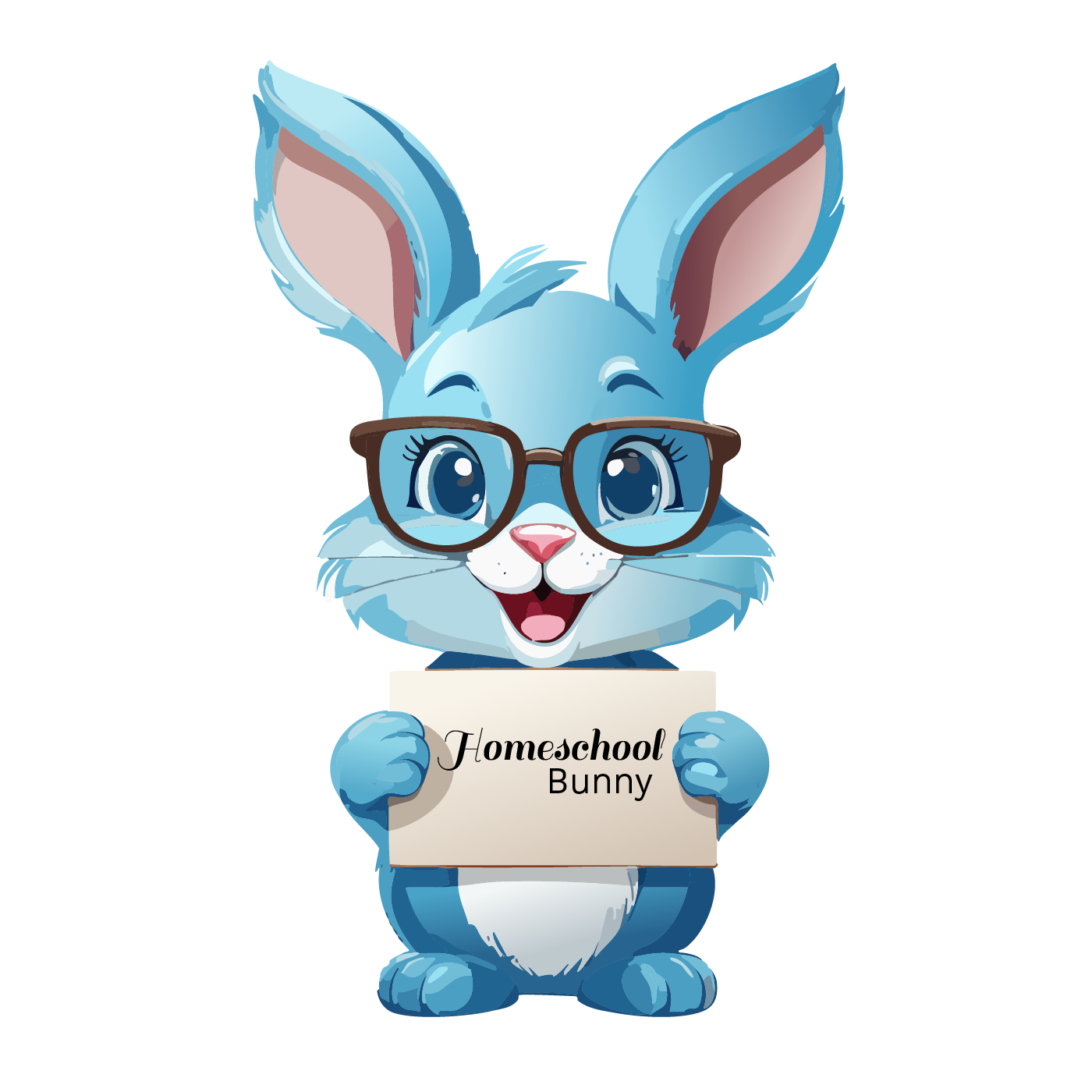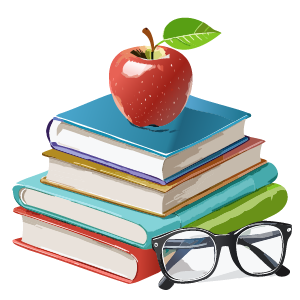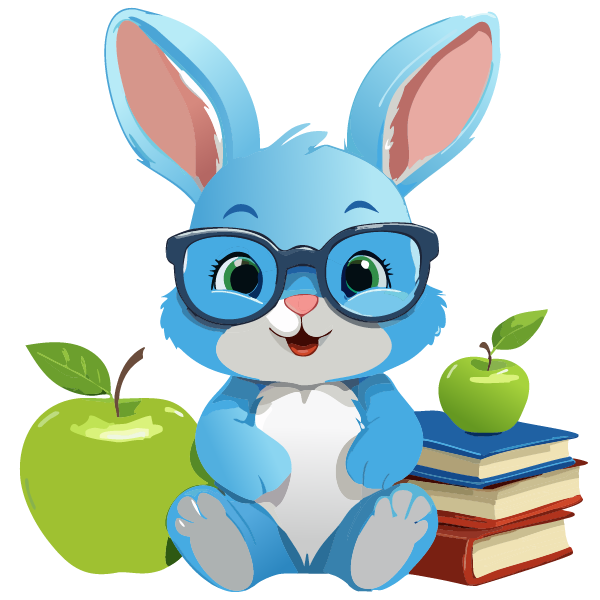Dyslexia is a neurological condition that primarily affects reading, spelling, and writing ability. It is a specific learning disability with a neurological basis that often runs in families. These individuals may have difficulty with phonological processing, which involves the ability to recognize and manipulate the sounds of spoken language.
Common characteristics include difficulties in:
- Phonological processing: Difficulty recognizing and manipulating spoken language sounds can affect the ability to decode words.
- Word recognition: Challenges in accurately and fluently recognizing words.
- Spelling: Difficulty in spelling words correctly.
- Reading fluency: Slow and laborious reading, often with inaccurate decoding.
- Reading comprehension: Challenges in understanding and remembering what has been read.
It’s important to note that dyslexia is not related to intelligence. These individuals often have average to above-average intelligence but may struggle with specific aspects of reading and language. Dyslexia is a lifelong condition, but with appropriate interventions and support, individuals with dyslexia can learn to read and write effectively.
Early identification and intervention are crucial for helping dyslexic individuals develop their reading skills and overcome challenges. Dyslexia is recognized as a learning disability, and educational strategies tailored to the individual’s needs can significantly improve their academic success.


